Microsoft releases another PowerToys update to fix bugs
It is only a few days since Microsoft released PowerToys 0.31.1, but there is already a new version for you to install.
While there are no major changes in the latest release of the utility suite, does include important bug fixes. Microsoft detected issues with the FancyZones PowerToy, and deemed them significant enough to push out this patch release.
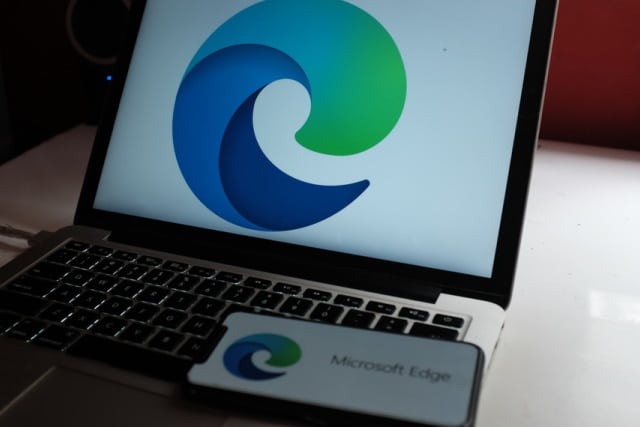
Microsoft is finally ready to oust legacy Edge from Windows 10
Since adopting the Chromium engine, Microsoft Edge has come on in leaps and bounds. Much like Internet Explorer before it, the original version of the browser was much maligned, and now the time has come to retire it.
For some time, Microsoft has been trying to encourage hangers-on to migrate to the Chromium-based version of Edge, and now it's time for drastic action. In an upcoming update to Windows 10, the company is getting rid of legacy Edge once and for all.
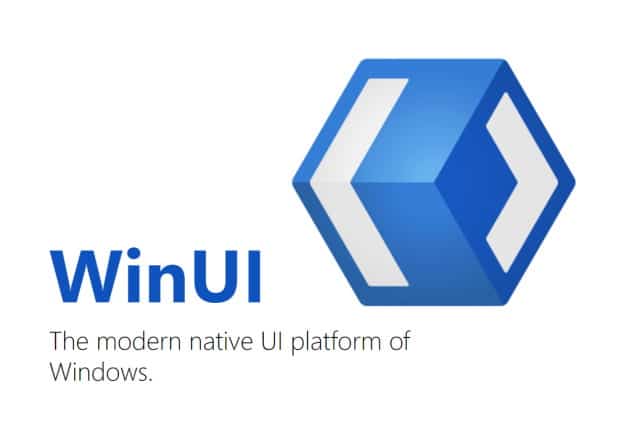
Microsoft reveals roadmap for WinUI 3.0 which will transform the look of Windows 10 apps
Microsoft has set out its plans for WinUI 3.0 which is due to ship later this year. Described as the "modern native UI platform of Windows", WinUI is the C++-based library of controls and Fluent styles that empowers developers to create a new breed of apps.
The company has shared details of the roadmap for WinUI, explaining how version 3.0 will expand into a full UX framework. It is part of Project Reunion which sees Microsoft bringing together a unified set of tools and APIs to make it easy to develop apps for different Windows 10 devices.
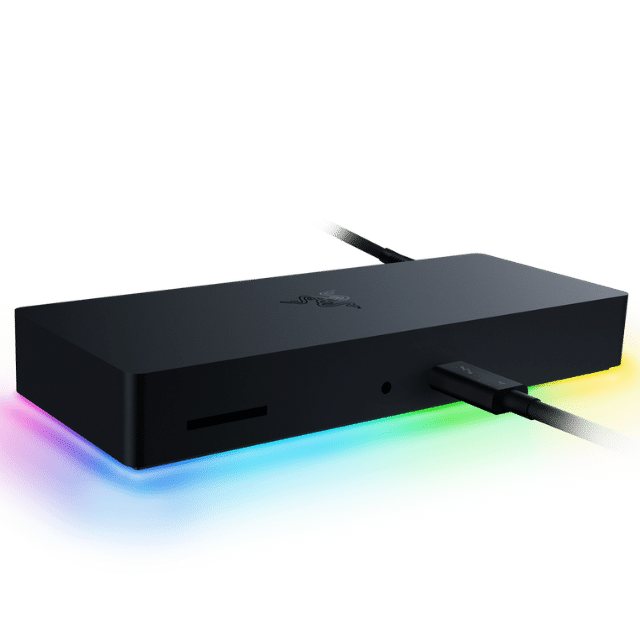
Razer 'Thunderbolt 4 Dock Chroma' with RGB lighting is almost perfect
Thunderbolt docks are useful devices that make it easy to transform a laptop computer into a desktop while also charging the battery. For years now, manufacturers have been releasing these docks, and while there have been many good ones, none are perfect. And yes, perfection is possible.
Gaming company Razer has announced its all-new "Thunderbolt 4 Dock Chroma," and it probably comes closer to perfection than any other dock I have seen. Unfortunately, it falls short due to a design flaw.

Seven golden rules of cloud migration in 2021
We’ve all heard of the classic golden rule. For most of us, our parents would preach to us to "treat others the way we want to be treated," or another one of life's cliches. But the idea of a golden rule has gone a step further and is impacting modern business. There’s now the golden rules to cloud migration. As enterprises prepare for the future, many are continuing to look for ways to modernize their IT operations due to the cloud’s convenience, flexibility and scalability.
Migrating to the cloud from a traditional, physical infrastructure, is easier said than done as many business leaders know. This is why the seven gold rules are so critical to enterprises’ migration success. Let’s take a closer look at each rule:

The importance of adaptability in an increasingly complex world
Adaptability to changing conditions is a must-have trait for today’s organizations, especially during today’s uncertain world. Business leaders must prioritize adaptability as a must-have organizational trait, and as disruption accelerates, there is no guarantee that the biggest and toughest industry players will survive.
Organizations that understand their environments and are positioned to sense change and adapt are the most likely to survive in the event of disruptions.

Update Chrome for Windows, Mac and Linux to protect against a dangerous zero-day vulnerability
A serious security vulnerability has been discovered in Chrome, forcing Google to push out an emergency update to the browser. Affecting the Windows, Mac and Linux versions of Chrome, the high severity vulnerability is being tracked as CVE-2021-21148.
Described as a "heap buffer overflow in V8", it is being actively exploited in the wild, although few details of the exploit are available. Because of the severity of the vulnerability, Google has released a fix and is urging everyone to install it.

2021 Prediction #4: Wi-Fi 6 is a bust (for now) as Bufferbloat returns thanks to ISP greed
Remember Bufferbloat? It’s a subject I was among the first to write about a decade ago, starting with a prediction column just like this one in 2011. The problem at the time was that every video or audio application -- the big bandwidth consumers -- was trying to solve performance issues through pre-buffering. You’d launch Netflix (just one example -- they all did it) and it would pause for a few seconds filling a huge buffer intended to smooth-out any playing glitches. Except performance didn’t improve and in fact got worse because of buffers buffering buffers. These extra buffers were defeating TCP/IP’s own flow control mechanisms, often leading to total failure of the connection. Jim Gettys from Bell Labs called it Bufferbloat, then Jim and Dave Taht spent the next three years or so fixing the problem, or so they thought.
Well Bufferbloat is back.
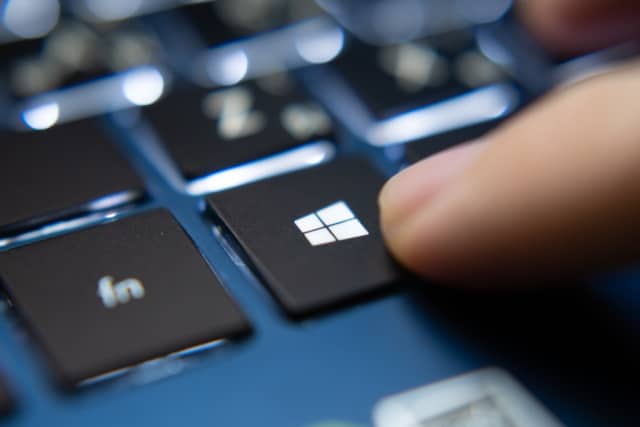
Microsoft: Windows 10 version 2004 Feature Update is now available for (nearly) everyone
Microsoft has changed the status of both Windows 10 version 2004 and version 1909, marking them as being ready for "broad deployment".
In the case of Windows 10 version 1909 (or Windows 10 November 2019 Update), the company says it is "designated ready for broad deployment for all users via Windows Update". For Windows 10 version 2004 (aka Windows 10 May 2020 Update), however, the status has been updated to indicate that it is merely "designated for broad deployment". And there is a reason for the difference between the two.

Best Windows 10 apps this week
Four-hundred-twenty-four in a series. Welcome to this week's overview of the best apps, games and extensions released for Windows 10 on the Microsoft Store in the past seven days.
The next feature update for Windows 10, version 21H1, may have a later release date than expected, as it could be released in May or June.

The challenges of navigating breach notification rules [Q&A]
New and updated privacy legislation is being launched around the world and a key component of these acts is breach notification requirements, which mean a business is required to notify individuals when their information falls into the hands of an attacker.
We spoke to Ralph Nickl, founder and CEO of Canopy Software to find out what what enterprises and consumers need to know about these laws and the challenges that compliance brings.
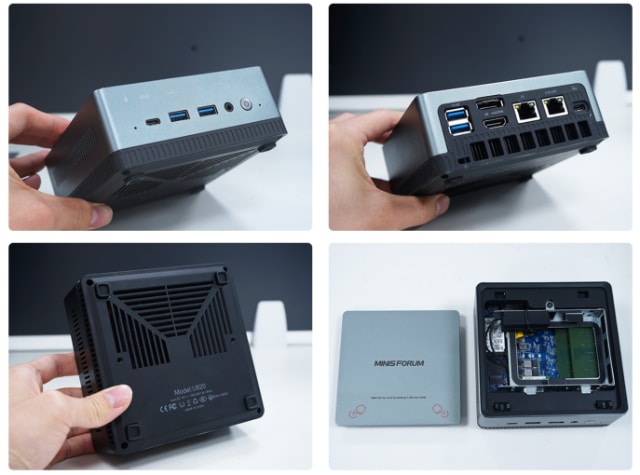
Minisforum launches Deskmini U850 and U820 Windows 10 and Linux PCs
Large desktop computers are so unsightly. Nowadays, consumers seem happier to purchase a laptop or diminutive desktop. I recently bought a M1 Mac mini, and it is amazing to see how much power is packed into such a small body. It's a computer I recommend to anyone that likes macOS.
Unfortunately, the new M1 Mac mini cannot run Windows, but if you prefer Microsoft's operating system, there is no shortage of tiny desktops that run the OS. For instance, Intel's diminutive NUC machines are quite nice. Of course, Intel is not the only company focusing on small PCs. Another manufacturer, Minisforum, has been delighting customers with its little machines too. Today, that company launches two new models -- the Deskmini U850 and U820.

Why use employee training to close your cloud skills gaps?
There’s a serious cloud skills gap at enterprises around the world, and it’s growing broader as time goes on. The move to the cloud has been around for a number of years, but COVID-19 accelerated it noticeably.
The pandemic forced millions of employees to work from home, requiring cloud-based tools and connections to support smooth communication and collaboration from a distance. At the same time, fears of infection drove consumer adoption of digital interactions like mobile banking, online shopping, and app-based food delivery. Without embracing the cloud, businesses can’t develop the digital services their customers demand and will struggle to support streamlined remote working, but the gap between demand and supply is enormous.
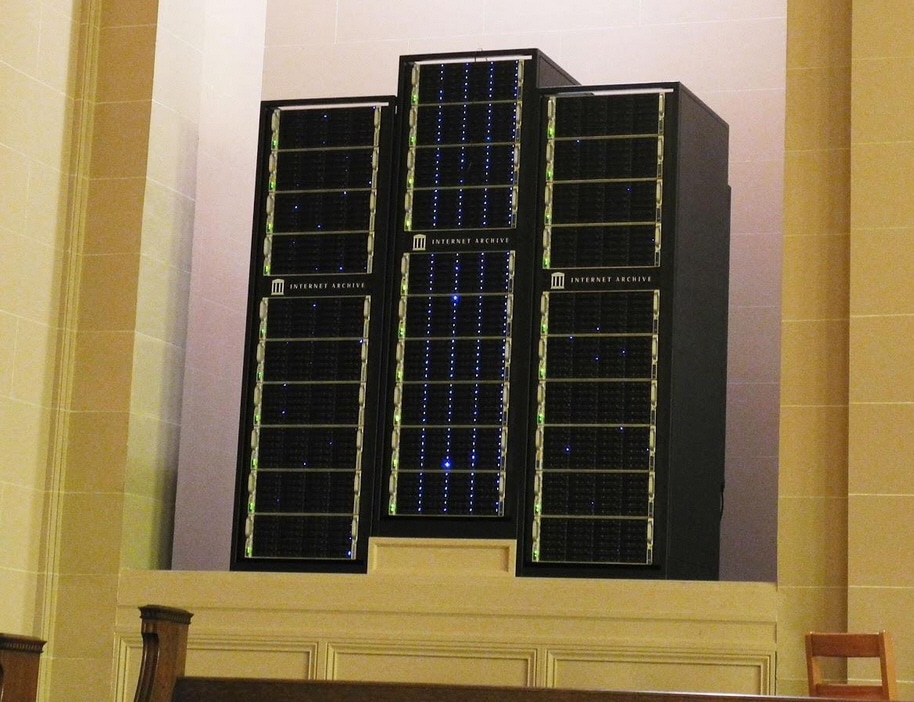
The Internet Archive exists thanks to Ubuntu and the Linux communities
The Internet Archive is unquestionably one of the most useful sites on the web. The Wayback Machine makes it possible to find snapshots of most websites at any given point in their history, and the archive itself is also home to a wealth of books, magazines, games, software, movies and more.
You probably don’t give too much thought (or any thought for that matter) to the day-to-day running of the archive, but it relies on a long-term support server distribution of Ubuntu Linux and everything on its servers (with the possible exception of the JP2 compression library) is free and open-source software.

Automating routine operations tasks will address critical IT challenges
In a new study, 82 percent of respondents cite too many redundant or routine tasks as their most critical IT challenge, but 91 percent agree that automating routine manual tasks by introducing Artificial Intelligence for IT Operations (AIOps) can provide significant benefits across the enterprise.
The Autonomous Enterprise survey from Digitate shows 65 percent say lacking a proactive ability to predict, identify, and detect system issues is a major challenge.



